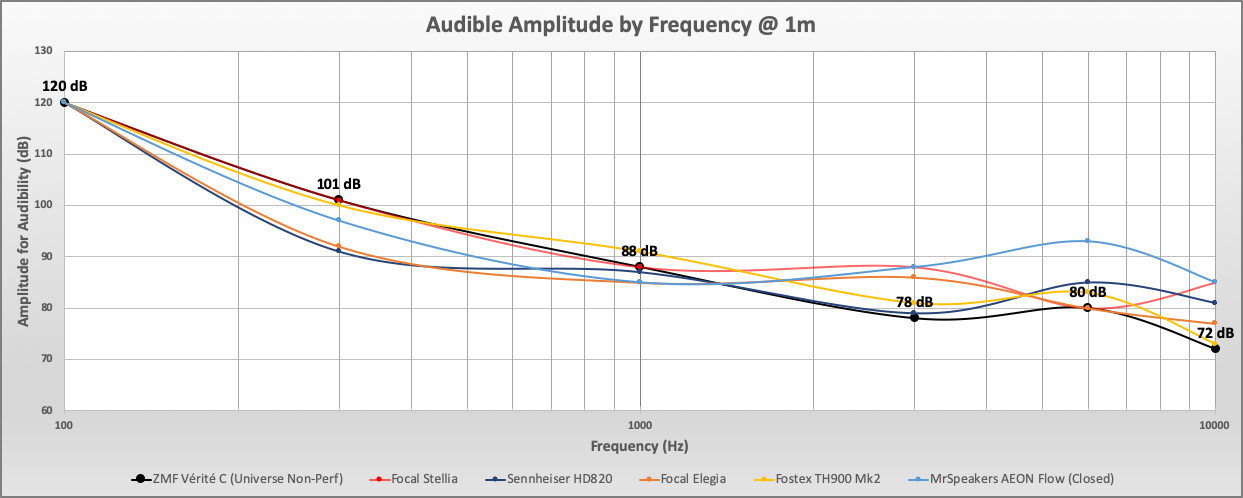
Sleeping without eyes shut can also mess up your sleep. Multiple occurences a night are linked to an increased risk for coronary artery disease, heart attack, heart failure and stroke. Take for example, floppy eyelid syndrome, where the lids become loose and rubbery and can easily open when you turn over at night.įloppy eyelids are often connected to obstructive sleep apnea, a dangerous sleep disorder where the soft tissues of your throat temporarily relax, narrowing your airway. And yes, it's not easy to fully close your eyelids if you have buggy eyes.Įyelid damage can be a reason for the failure of the lids to close. Remember Marty Feldman who played the servant Igor in Mel Brooks' "Young Frankenstein?" His bulging eyes were the result of a severe case of Graves' disease, a form of hyperthyroidism, or overactive thyroid. It may not be as scary as Michael Myers' mask, but it turns out sleeping with your eyes open is something to scream about to your doctor: It can signal a serious, underlying medical problem such as stroke, thyroid disease or facial nerve damage. Nocturnal lagophthalmos happens when the eyelids don't close enough to cover the eye, either partially or fully.

In fact, if you're among the 20% who have it, it's possible that your child could as well, because it appears to be hereditary. It's a condition called nocturnal lagophthalmos, and according to the National Sleep Foundation as many as one out of five of us have it - including babies. It's not a horror film, nor a flashback to "A Clockwork Orange." ( Look it up, youngsters, it's a classic.) You bend over to goose him when suddenly you jump back in shock.

(CNN) - You walk over to your friend who is asleep on your couch, snoring away.


 0 kommentar(er)
0 kommentar(er)
